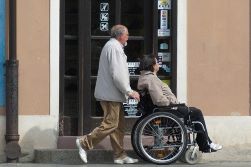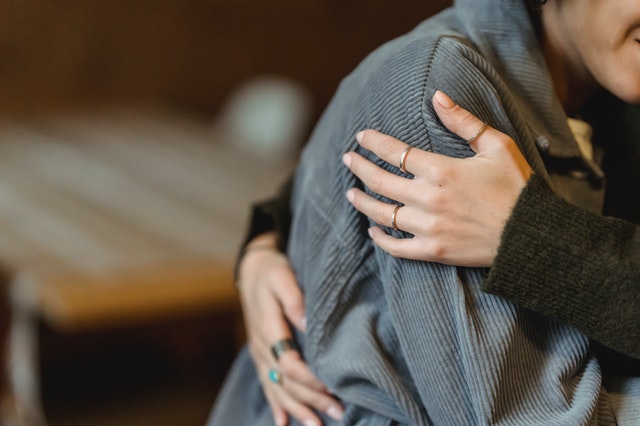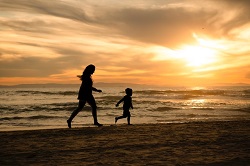Ngā Wai a Te Tūī Māori and Indigenous Research Centre and the New Zealand Family Violence Clearinghouse are partnering to provide information on preventing and responding to family, whānau and sexual violence during COVID-19 ... Read more
We are continuing to add new research, reports, guides and policies related to COVID-19 and violence to our library. To find these resources, see our library quick topic search on COVID-19.

Updates from government agencies
Key government information relevant to family violence and sexual violence providers

For family, whānau and sexual violence services
Practice-based information for specialist family, whānau and sexual violence services

For non-specialist services
Information on responding to family violence for non-specialist services

For people experiencing abuse
Accessing family violence and sexual violence services, staying safe online and more

How to help
What to do if you're concerned about a family or whānau member, friend, neighbour or community member

For specific communities
- Māori communities
- Pacific communities
- Asian communities
- Disabled people
- Older people
- LGBTQI | Takatāpui communities

Advocate and worker wellbeing
Information and resources to support staff and workplaces to address wellbeing during the pandemic
Experience in New Zealand and internationally has shown that family violence (including intimate partner violence, child abuse and elder abuse) and sexual violence can escalate during and after large-scale disasters or crises. The current COVID-19 pandemic also brings specific risks. Self-isolation can mean the risk of more severe violence from a partner, family member or other household member. Victims may also experience challenges to connecting with supportive people or accessing help in usual ways.
Specialist family violence and sexual violence services, NGOs, communities and government agencies are working together to provide information and services. Family violence and sexual violence services are essential services and are always available, even if services need to be delivered in different ways. It is okay to ask for help if you or someone else is in danger. Helplines are available. Talk to friends, whānau and neighbours if you need support, or to see if they need help. If you think someone is in immediate danger of being harmed or may harm themselves, call the Police on 111. These pages bring together information on family violence, sexual violence and COVID-19 in one place.
We are continuing to add new research, reports, guides and policies related to COVID-19 and violence to our library. To find these resources, see our library quick topic search on COVID-19.







